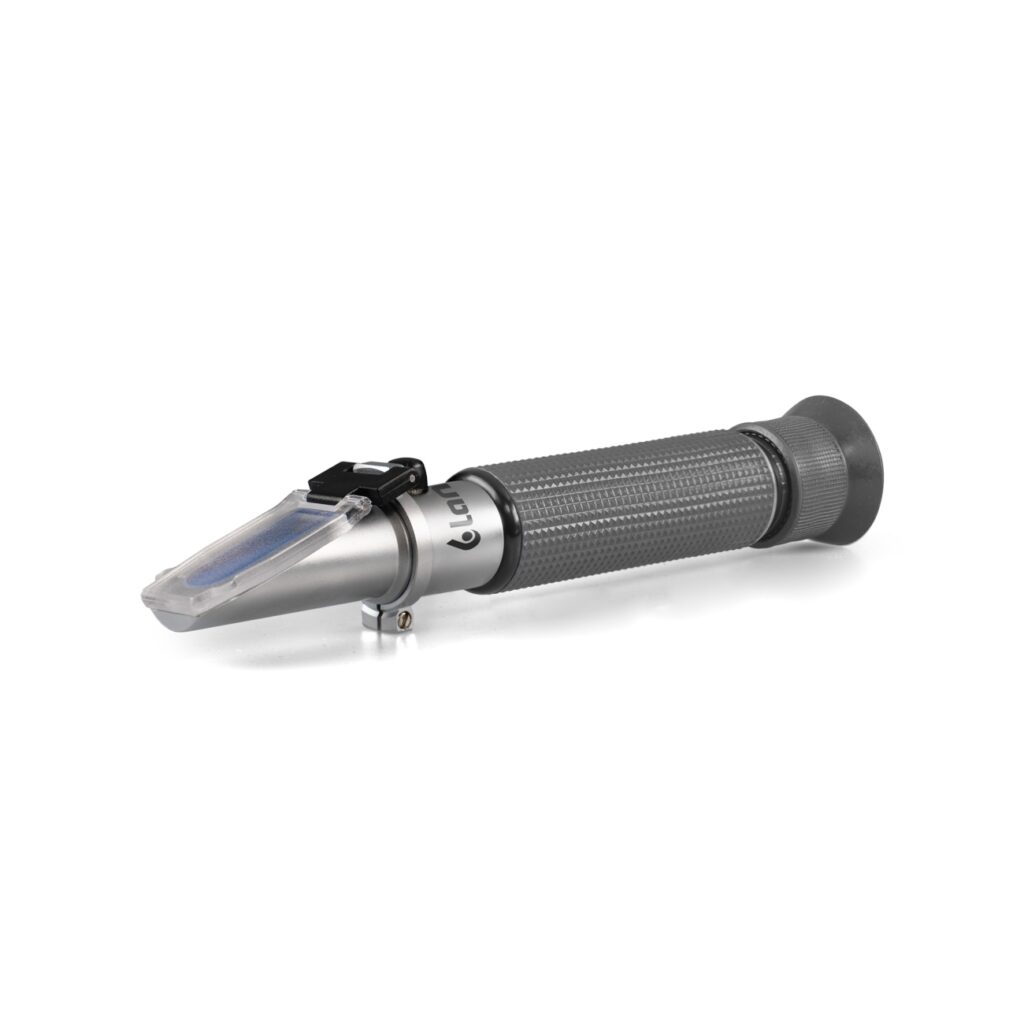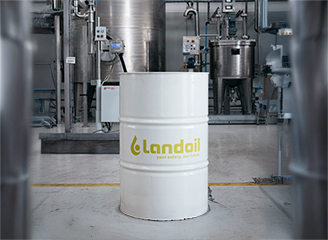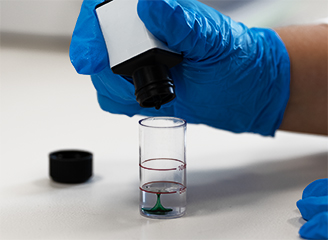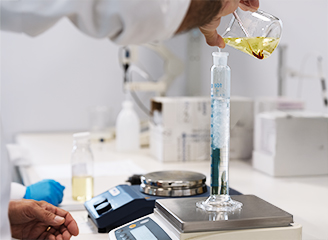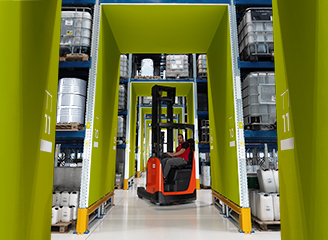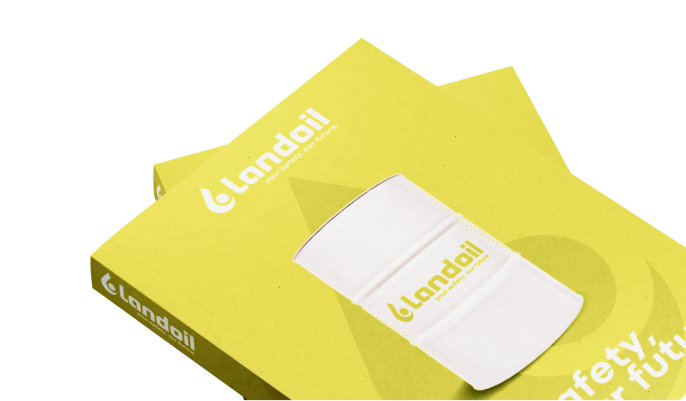Refractometers
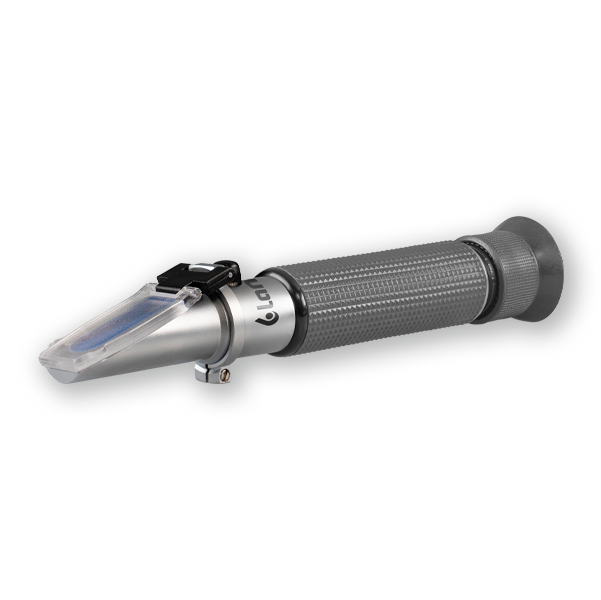
Refractometers are essential instruments in machine shops and various industries for the precise measurement of the refractive index of liquids and solids. Read more
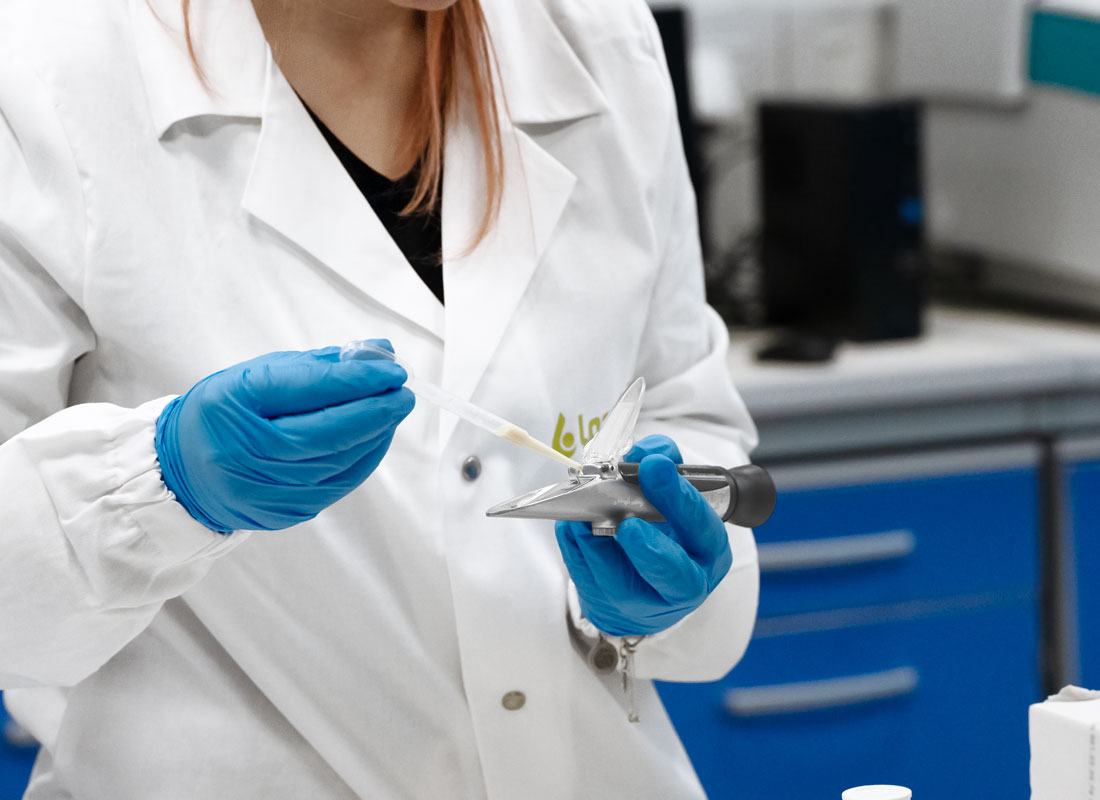
Refractometers are measuring instruments used to determine the concentration of solutions by monitoring their refractometric reading.
Essential for quality control in industrial processes, they help to ensure the correct use rate of fluids such as coolants or chemical solutions, improving operational efficiency and safety.
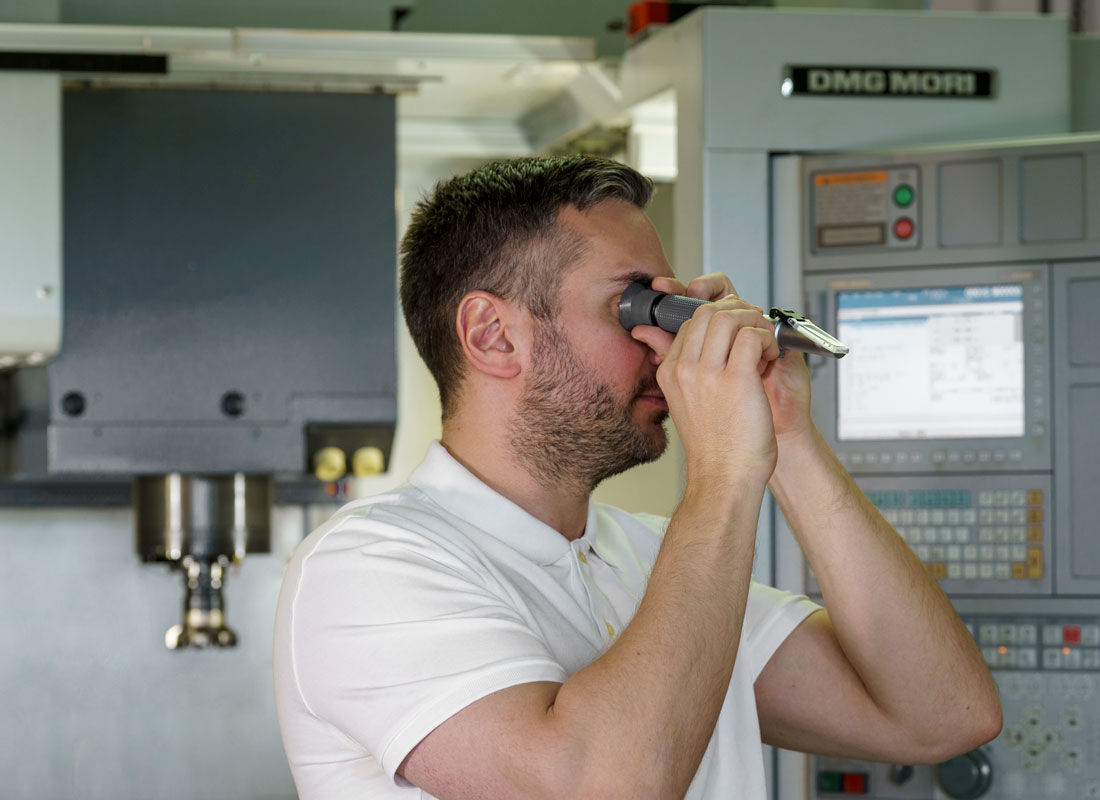
The use of refractometers is essential to maintain the correct concentration in the fluids used in industrial processes
preventing conditions that could compromise the quality of the final product, and the efficiency and safety of the emulsion itself. These instruments offer accurate and reliable measurement, reducing waste and costs, and contributing to a more efficient and safer production process.
These devices are essential for ensuring the quality and efficiency of production processes, offering a wide range of applications from quality control to research and development.
Understanding Refractometers: A Technical Introduction
Refractometers are optical instruments that measure the refractive index of a substance, a critical parameter that indicates how light propagates through a material. The refractive index is influenced by the chemical composition and temperature of the material, making refractometers indispensable instruments for determining the purity and concentration of solutions. In machine shops, refractometers are used to analyse cooling fluids, lubricating oils and other industrial liquids, ensuring that machines operate under optimal conditions.
Practical Applications of Refractometers in Machine Shops
The use of refractometers in machine shops is varied and crucial for maintaining process quality. For example, in the control of cooling fluids, refractometers help determine the correct concentration of additives, preventing corrosion and machine wear. Also, in the analysis of lubricating oils, refractometers help monitor contamination and wear, prolonging equipment life.
Advantages of using refractometers
The adoption of refractometers in machine shops offers several advantages. First of all, the accuracy of refractive index measurement allows optimisation of production processes, reducing waste and improving operational efficiency. Furthermore, the regular use of refractometers helps maintain high quality standards, ensuring that the final products meet the required specifications. Finally, the ability to quickly detect changes in the composition of industrial fluids allows for timely intervention, avoiding costly downtime and repairs.
How to use a refractometer correctly
The correct use of a refractometer is essential to obtain accurate measurements. First, it is essential to calibrate the instrument using a known reference sample, such as distilled water. Next, the sample to be analysed must be applied to the prism surface of the refractometer, ensuring that there are no air bubbles or impurities. Once the lid is closed, one observes through the eyepiece to read the refractive index on the graduated scale. It is important to clean the prism thoroughly after each measurement to avoid contamination.
Frequently asked questions about refractometers
1. What is the difference between a manual and a digital refractometer?
Manual refractometers require a visual reading of the refractive index through an eyepiece, whereas digital refractometers provide a direct reading on an electronic display, reducing the margin for human error.
2. How do I calibrate a refractometer?
Calibrating a refractometer is done by using a known reference sample, such as distilled water, and adjusting the instrument until the correct reading is obtained.
3. What are the limits of a refractometer?
Refractometers can be affected by extreme temperatures and samples with suspended particles, which can alter measurements. It is important to use the instrument under controlled conditions to obtain accurate results.
4. Why is cleaning the refractometer important?
Cleaning the prism of the refractometer is crucial to avoid contamination between different samples, which could affect the accuracy of measurements.
5. Which industries use refractometers?
Besides machine shops, refractometers are widely used in the food, chemical, pharmaceutical and scientific research sectors, where the precise measurement of the refractive index is essential.
Conclusions
Refractometers are an indispensable tool in machine shops and many other industries. Their ability to provide precise refractive index measurements allows them to optimise production processes, ensure product quality and reduce operating costs. With proper calibration and maintenance, refractometers can make a significant contribution to the efficiency and sustainability of industrial operations.
